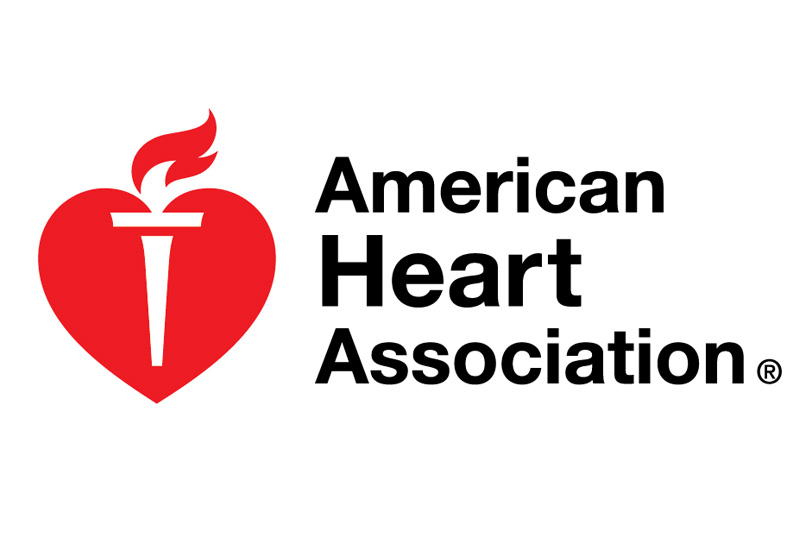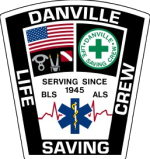Advanced Cardiac Life Support training is intended for healthcare providers who either direct or participate in the resuscitation of a patient, whether in the hospital or pre-hospital environment, including: physicians, nurses, emergency medical technicians, paramedics, staff in intensive care units and emergency or critical care departments, other professionals who may respond to a cardiovascular emergency.
This is a fast paced one day"Renewal" course for providers who are very comfortable with and can competently execute the current ACLS Guidelines and materials as well as whose ACLS & BLS cards are current as of this class date. If ACLS is an area that you lack experience and comfort in, it may be advantageous to consider registering for the full Provider course.
The ACLS course builds on the foundation of lifesaving Basic Life Support (BLS) for Healthcare Providers skills, emphasizing the importance of continuous, high-quality CPR. This advanced course highlights the importance of team dynamics and communication, systems of care, and immediate post-cardiac arrest care. ACLS also covers airway management and related pharmacology.
In the Renewal Course, skills and knowledge are breifly reviewed and tested in large-group sessions and small-group stations where case-based scenarios are presented.
The ACLS course covers: ACLS algorithms, immediate post-cardiac-arrest care, airway management, rhythm recognition, high-quality CPR, 1-rescuer CPR AED, effective resuscitation team dynamics ,science overview (update course), BLS and ACLS surveys, ACS, Megacode treatment identification and initial care of other life-threatening clinical situations (such as stroke)
Students must pass all skills test and the written exam in order to earn your ACLS Course Completion Card.
To be successful in any ACLS course, students should be able to identify ECG rhythms and should know pharmacology specific to cardiopulmonary arrest and other cardiopulmonary emergencies before beginning the course. It is strongly recommended that students review the ACLS course materials and complete a precourse self-assessment using the tools in their student materials before starting the course.
Course length is approximately 8 hours for the renewal course dependant on the number of students and everyone individual preparation.
Text required for this course- Advanced Cardiovascular Life Support Provider Manual (Product # 20-1106, ISBN 978-1-61669-772-3)
Should you have any questions, please do not hesitate to contact me.
Gary Ryan, NRP; AHA ACLS & PALS Regional Faculty; ACLS Course Director; AHA Training Center Coordinator
email gryan@dlsc.org || phone 434-770-0933
Upcoming Dates (if a class has seats left, click to register):



 (434) 792-1871
(434) 792-1871

